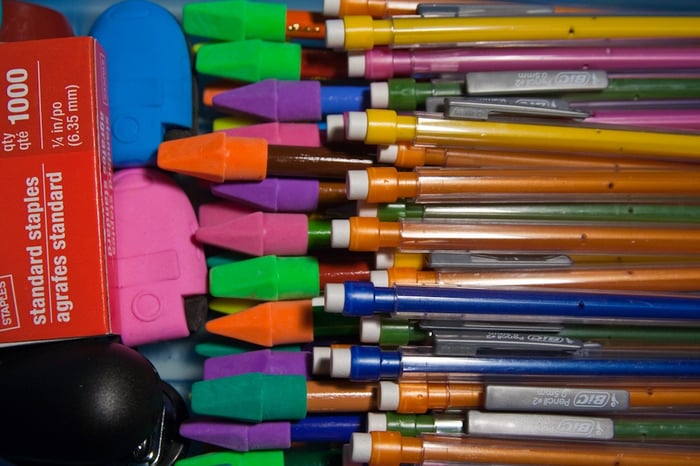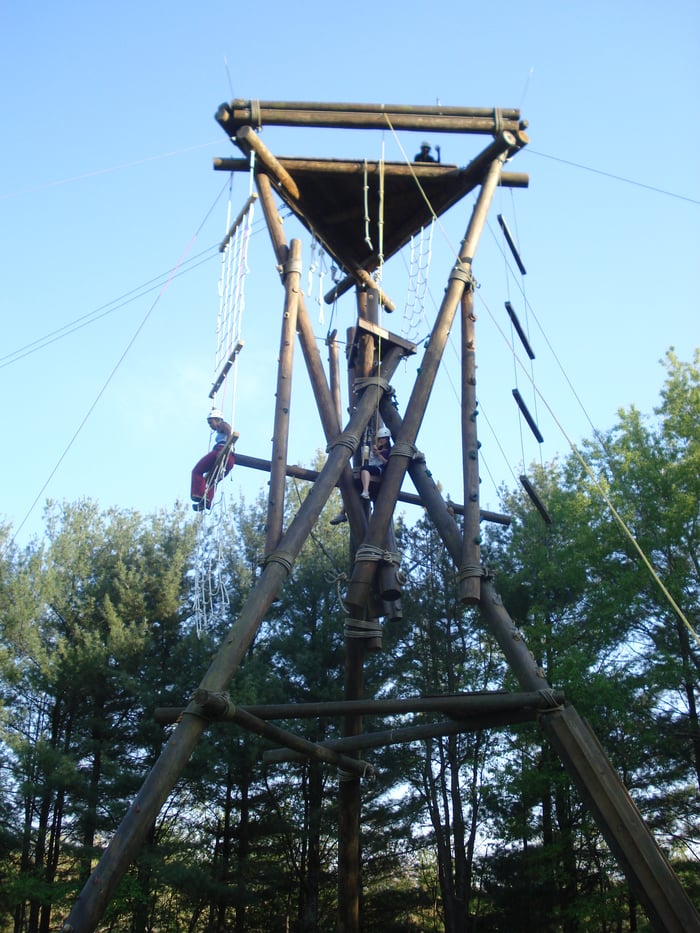"Failing to plan is planning to fail." Alan Lakein
Creating a successful lesson plan is a complicated task for all educators, especially without a good lesson plan template. That is why we created a free lesson plan template word document for you to download to start making your lessons awesome! Use that, in addition to our 5 tips for creating a great lesson plan, to ensure the success of your lesson.
While different teachers have different classroom management styles, creating a lesson plan should be on every teacher's checklist. Using a template to create your lesson plan is one of many valuable teacher tools. It allows you to think through each step of your lessons, therefore preparing you to present your lessons to the best of your ability. Here are our 5 things you need to know to create a great lesson plan:
1. Clear Goal/Objective
There is always something new for you to teach your students. It is important to set clear goals and objectives for your lesson plan to ensure that you stay on topic and cover the relevant information. By setting up your goals and objectives first, you can work backwards in planning your lesson to ensure you accomplish your goals. One simple way to write an objective is: Students will learn X as a result of lesson Y.
2. Anticipate Challenges
While you're creating your lesson plan, imagine potential challenges you may face while presenting your lesson and brainstorm ways to avoid them. Having a good classroom management plan is important to using your class time efficiently. Things to consider include: adaptions for students needing extra help and additions for students needing an extra challenge. The truth is that not every student receives information the same way and not every student is at the same level of intelligence. We must accept this as a truth and work to find the best ways to be all inclusive with our lesson plans. That is why these adjustments are a necessary if you want to create a successful lesson plan.
3. Lesson Assessment
Did your students reach the lesson objective? There must be a clear relationship between the assessment and the lesson objective. Types of assessments include (but not limited to): tests, quizzes, group projects, oral presentations. Need more assessment ideas? Check out 22 Easy Formative Assessment Techniques for Measuring Student Learning by Kathy Dyer to get some other ideas.
4. Make it Relevant
Be sure to include some sort of real world application in your lesson. This will help your students grasp otherwise complicated topics with much more ease. Additionally, look for ways in which you can connect your lesson to previous lessons and can grow upon those. If you have extra time, consider ways in which you can build upon your lesson in future lessons as well.
5. Practice Presenting
Practice presenting your lesson by creating a script. You don't need to read word for word from your script when you present the lesson to your students, but a script is a valuable tool to help you stay on topic. Going through the practice of creating a script and practicing your presentation also shows you flaws in your plan allowing you to fix them before it's time to present it to your class.
Conclusion:
"Plans are nothing; planning is everything." - Dwight D. Eisenhower
Planning doesn't guarantee you will execute the plan flawlessly, but it gives you a much better chance of doing so than without planning. Regardless of your classroom management philosophy, planning lessons should be a part of your style. There are many teachers tools out there, but this has to be one of the most important tools for success. All teachers can benefit from slowing down and thinking through the planning process of creating your lessons. Use our free lesson plan template word document to help you create a robust lesson plan that is sure to help you succeed!





